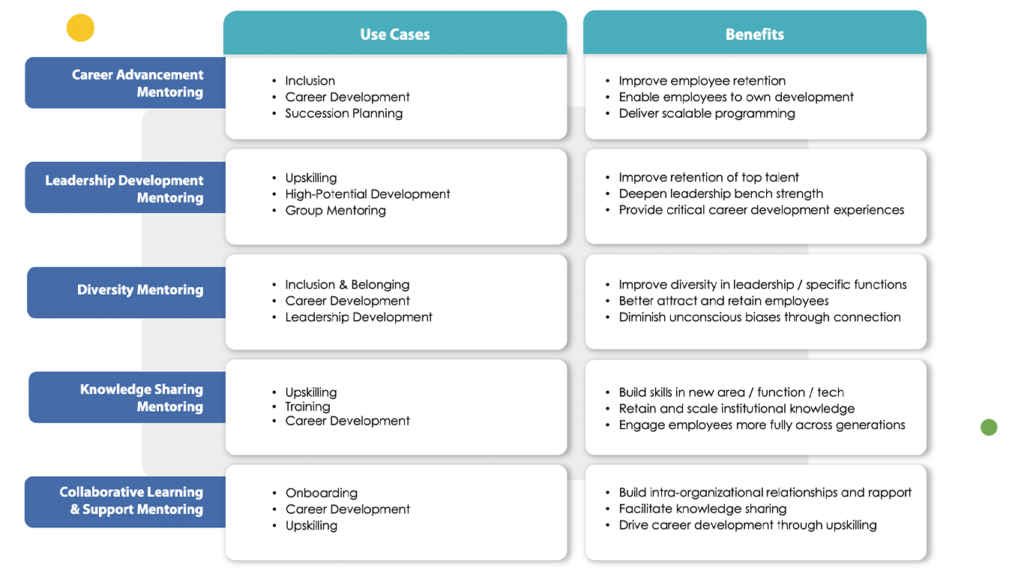Peer mentorship programs are vital components of academic institutions, offering invaluable support to students as they navigate their educational journeys. By fostering connections between experienced upperclassmen and incoming students, these programs enhance academic success, promote personal development, and build a sense of community within the campus. Here’s a detailed exploration of how peer mentorship programs contribute to supporting academic success:

1. Smooth Transition to College Life
For many students, transitioning to college can be overwhelming. Peer mentorship programs provide a support system that helps new students acclimate to their new environment. Mentors, who have recently gone through similar experiences, offer practical advice on managing coursework, balancing academic and social life, and utilizing campus resources effectively. This guidance helps mentees feel more confident and prepared to tackle the challenges of college life.
2. Academic Guidance and Support
Peer mentors play a crucial role in providing academic support to their mentees. They share effective study strategies, time management tips, and insights into specific courses and professors. Mentors can also assist with understanding course material, preparing for exams, and navigating academic policies and procedures. This personalized support can make a significant difference in a student’s academic performance and overall success.
3. Building a Supportive Community
One of the key benefits of peer mentorship programs is the sense of community they create. Mentors and mentees often form close bonds, providing emotional support and encouragement. These relationships can alleviate feelings of isolation and stress, promoting a positive and inclusive campus culture. Additionally, mentees are more likely to engage in campus activities and organizations when they have a supportive network, further enhancing their college experience.
4. Personal Development and Growth
Mentorship is not only about academic success; it also fosters personal development. Peer mentors serve as role models, demonstrating how to overcome challenges, set goals, and develop resilience. Through regular interactions, mentees gain valuable life skills such as effective communication, problem-solving, and critical thinking. These skills are essential for personal growth and future career success.
5. Enhanced Leadership Skills for Mentors

Peer mentorship programs benefit mentors as much as mentees. Serving as a mentor enhances leadership skills, empathy, and a sense of responsibility. Mentors learn to listen actively, provide constructive feedback, and guide others through challenges. These experiences are invaluable for personal and professional development, preparing mentors for leadership roles in their future careers.
6. Increased Retention and Graduation Rates
Research has shown that peer mentorship programs positively impact student retention and graduation rates. When students feel supported and connected to their campus community, they are more likely to stay engaged and persist through academic challenges. Mentorship programs help identify and address potential issues early, preventing academic and personal difficulties from escalating. This proactive support system contributes to higher retention and graduation rates, benefiting both students and the institution.
7. Access to Resources and Opportunities
Peer mentors often have firsthand knowledge of campus resources and opportunities that can enhance their mentees’ academic and personal experiences. They can guide mentees to academic support services, tutoring centers, career counseling, extracurricular activities, and networking events. By connecting mentees with these resources, mentors help them make the most of their college experience and prepare for future success.
8. Fostering a Culture of Giving Back
Peer mentorship programs foster a culture of giving back and paying it forward. Mentees who have benefited from mentorship are often inspired to become mentors themselves, perpetuating a cycle of support and community building. This culture of mentorship strengthens the fabric of the campus community and ensures that future generations of students continue to benefit from peer support.
In conclusion, peer mentorship programs are essential for supporting academic success and personal development in college. By facilitating smooth transitions, providing academic guidance, fostering a supportive community, and enhancing leadership skills, these programs contribute significantly to the overall success and well-being of students. Through the power of mentorship, students are empowered to achieve their full potential and thrive in their academic and personal lives.


